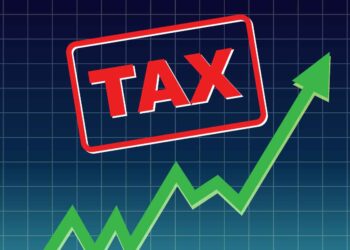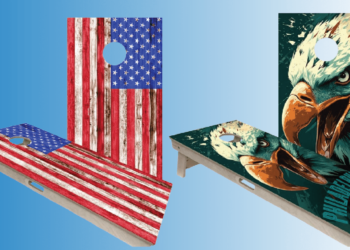There are a variety of short-term loans available to consumers. Each type of loan has its own set of terms and conditions, which can vary depending on the lender. It’s important to understand the different types of loans before you decide which one is right for you.
Cash advance loan
A cash advance loan is a type of short-term loan. This means that it is a loan that you will need to pay back relatively quickly, usually within a few weeks or months. The main benefit of a cash advance loan is that it can give you access to quick cash when you need it most. This can be helpful in emergency situations, or if you simply need some extra money before your next paycheck arrives.
One of the biggest downsides of a cash advance loan is the high-interest rate that you will likely have to pay. This is because these loans are considered to be quite risky for lenders, so they charge higher interest rates to offset this risk. Another thing to keep in mind with cash advance loans is that they are often very easy to qualify for. This is because they typically don’t require a credit check, so even if you have bad credit, you may still be able to get approved for one of these loans.
A cash advance app allows you to borrow money against your next paycheck. This can be helpful if you need cash for an emergency expense or to cover unexpected costs. Typically, you will need to repay the loan within two weeks, and there may be fees associated with the loan. If you check reviews online, you will know that currently the top cash advance apps to use are Dave, Earnin, Moneylion, Brigit, Chime, Empower, Dailypay, Payactiv, and Varo, if you need quick cash. If you think a cash advance loan might be the right solution for you, be sure to shop around and compare interest rates and terms from different lenders before making your decision.
Payday loan
A payday loan is a type of short-term loan that typically doesn’t require a credit check. You simply write a personal check for the amount you want to borrow, plus any fees, and the lender holds onto the check until your next payday, at which point they cash it. Payday loans are designed to be used for emergency expenses, such as medical bills or car repairs, and are usually due on your next payday.
The biggest downside to payday loans is the high cost – often, the annual percentage rate (APR) on a payday loan can be 300% or more. This loan typically has a very high-interest rate. Because of the high-interest rates, payday loans can be very expensive, and you may find yourself in a cycle of debt if you’re not able to repay the loan on time. If you’re considering taking out a payday loan, be sure to understand all of the costs involved before making a decision.
Installment loan
An installment loan is a type of short-term loan that allows you to borrow money and then repay it in fixed, equal payments over a set period of time. This can be helpful if you need to borrow a larger amount of money and don’t want to (or can’t) repay it all at once.
With an installment loan, you’ll have a set repayment schedule, which means you’ll know exactly how much you need to pay each month. This can help make your budgeting and financial planning easier. And, because your payments are spread out over time, an installment loan may have a lower overall cost than a short-term loan with the same principal amount and finance charges.
Title loan
A title loan is a type of secured loan where the borrower uses their vehicle title as collateral. The loan amount is typically based on the value of the vehicle and the borrower usually has to provide proof of income and residency. The loan term is typically 30 days but can be longer or shorter depending on the lender. If the borrower defaults on the loan, the lender can repossess the vehicle.
Pawnshop loan
A pawn shop loan is a type of short-term loan where you use an item of value – like jewelry – as collateral. The loan amount is based on the value of your collateral, and if you can’t repay the loan, the lender will keep your collateral. These types of loans often come with high-interest rates and must be repaid within a short time frame, usually 30 days.
If you’re considering a pawnshop loan, it’s important to understand the terms and conditions of the loan, as well as the value of your collateral. Pawnshop loans can be a helpful way to get quick cash, but they can also be risky. Make sure you know what you’re getting into before signing on the dotted line.
Credit card
A credit card is a type of short-term loan that allows you to borrow money against your credit limit. This means that you can use your credit card to make purchases and withdraw cash up to your limit. You will then need to repay the borrowed amount, plus interest and any fees, within a certain timeframe. Credit cards are typically used for smaller amounts of money, and they can be a convenient way to access funds in a pinch. However, it’s important to remember that credit card debts can quickly spiral out of control if you’re not careful about making your payments on time.
Personal loan
A personal loan is a type of short-term loan that can be used for a variety of purposes, from consolidating debt to financing a large purchase. Unlike a business loan, which can be secured or unsecured, a personal loan is a type of unsecured loan, which means that it is not backed by any collateral. The interest rate on a personal loan is usually fixed, meaning that it will not change over the life of the loan. Personal loans typically have terms of three to five years, making them a good choice for borrowers who need predictable monthly payments.

There are a variety of short-term loans available to consumers. Each type of loan has its own set of terms and conditions, which can vary depending on the lender. It’s important to compare your options and shop around for the best rates before taking out a short-term loan.









